“There is no force outside this world which gives justice to the weak.”
|
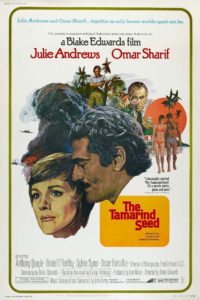
Synopsis:
During the Cold War, a British Home Office employee (Julie Andrews) falls for a Russian attache (Omar Sharif) while vacationing in Barbados, but refuses to become romantically involved. Is Sharif being truthful when he tells her he’s become disillusioned with the Soviet Union — or is Andrews’ superior (Anthony Quayle) correct in assuming he’s recruiting her to be a spy?
|
|
Genres, Themes, Actors, and Directors:
- Anthony Quayle Films
- Blake Edwards Films
- Cold War
- Julie Andrews Films
- Mistaken or Hidden Identities
- Omar Sharif Films
- Romance
- Spies
Review:
Julie Andrews cracks nary a smile (and certainly not a song) in this somber but reasonably engaging romantic drama — directed by Blake Edwards, whose screenplay was adapted from a 1971 novel by Evelyn Anthony — about uncertain loyalties and chronic distrust during the Cold War. The production design and cinematography (with fine on-location shooting in Barbados, Paris, and England) are solid, and John Barry’s score adds tension at key moments. Unfortunately, the tentative romance itself takes too long to fully spark; Andrews is right to be skeptical but — oddly — comes across as a bit too reserved and pragmatic.
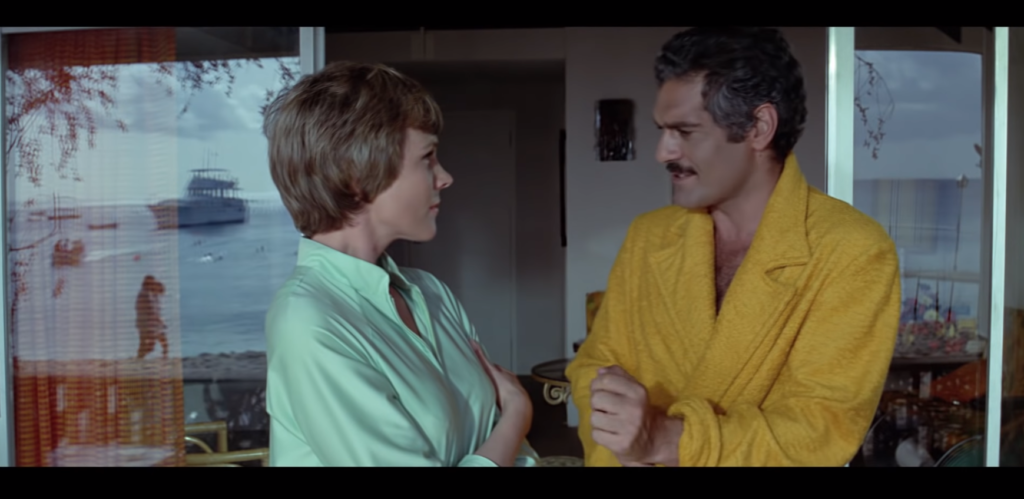
Much more exciting are behind-the scenes tensions involving a closeted gay diplomat (Dan O’Herlihy) whose wife (Sylvia Syms, giving an emotionally charged performance) discovers evidence of deception; it’s too bad their story isn’t front and center.
Redeeming Qualities and Moments:
- Maurice Binder’s creative opening credits
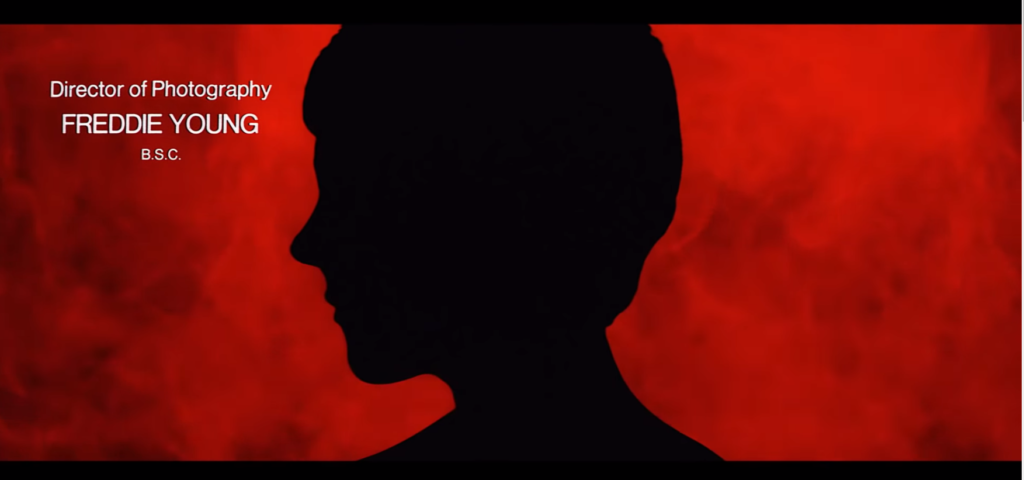
- Fine production design
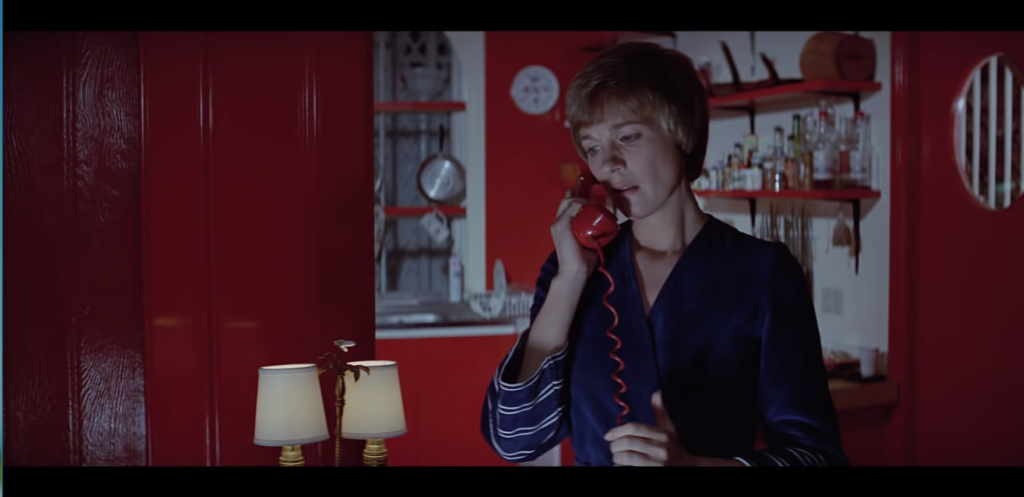
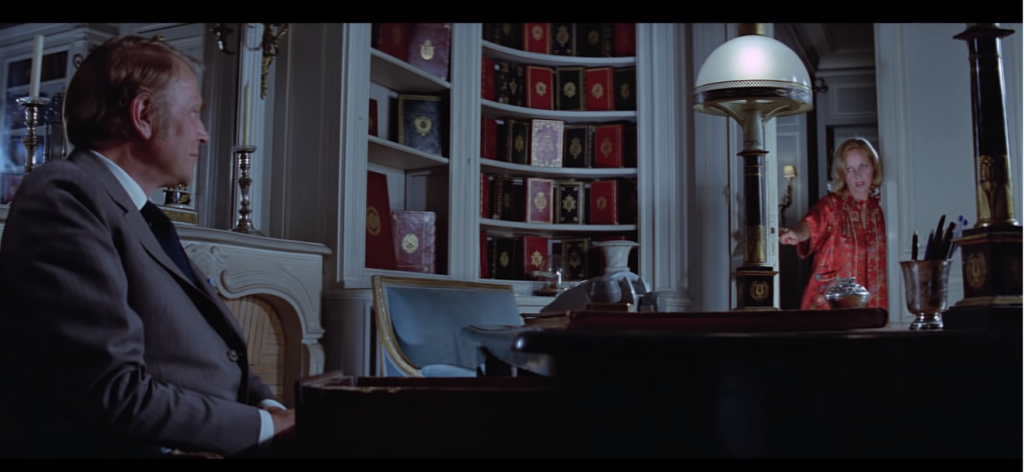
- Sylvia Syms as Margaret
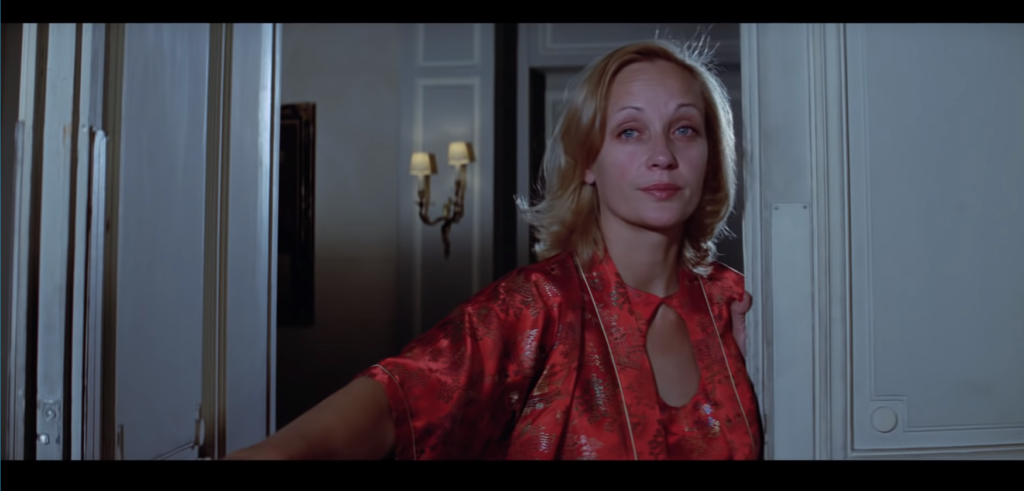
- Freddie Young’s cinematography
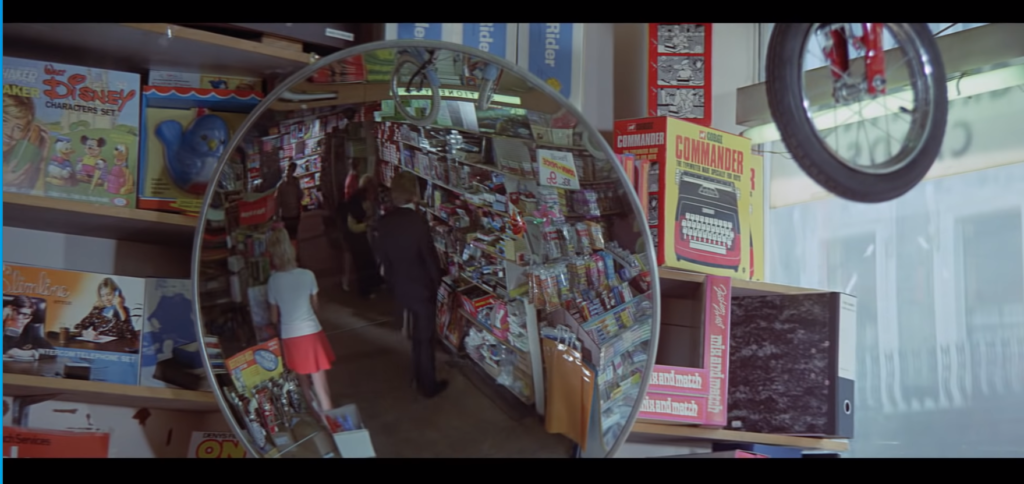
- John Barry’s score
Must See?
No, but it’s recommended for one-time viewing. Listed as a Sleeper in the back of Peary’s book, which makes sense.
Links:
|







One thought on “Tamarind Seed, The (1974)”
First viewing. Not must-see.
I’m thinking of this as ‘Julie Does Espionage-Lite’ (a bit like she did with ‘Torn Curtain’). As such an undertaking, the film is – as noted – “reasonably engaging”… but (even though it has its moments in the story development and the dialogue) it’s still not all that satisfying.
I’m also thinking that I don’t particularly… understand… the career of Blake Edwards. Overall, he doesn’t seem to have much purpose as a filmmaker. But he sure kept at it! And it seems that the highly successful ‘Pink Panther’ series allowed him to get away with more than a few irritating flops.
In a number of instances – ‘The Tamarind Seed’ being one of them – Edwards seemed to anchor himself a little better artistically when he adapted material written by other people. Even so, ‘TTS’ is not in the same class as more memorable Edwards films like ‘Days of Wine and Roses’ and ‘Breakfast at Tiffany’s’.
For one thing, as a spy story it’s rather languid. Granted, that’s largely due to also being a love story. Even so, although Andrews and Sharif have nice chemistry, the film’s pacing feels lethargic. (It doesn’t help that Andrews is way too passive for a protagonist.) The result is an ok story that maintains mild interest without particularly grabbing the viewer.
I noticed that the opening credits seem to suggest a James Bond film. So no doubt Bond composer John Barry was brought on-board to heighten that effect. I usually like Barry’s work but, in the lengthy sequence that leads to the conclusion, the musical tension felt like the equivalent of the Chinese water torture.